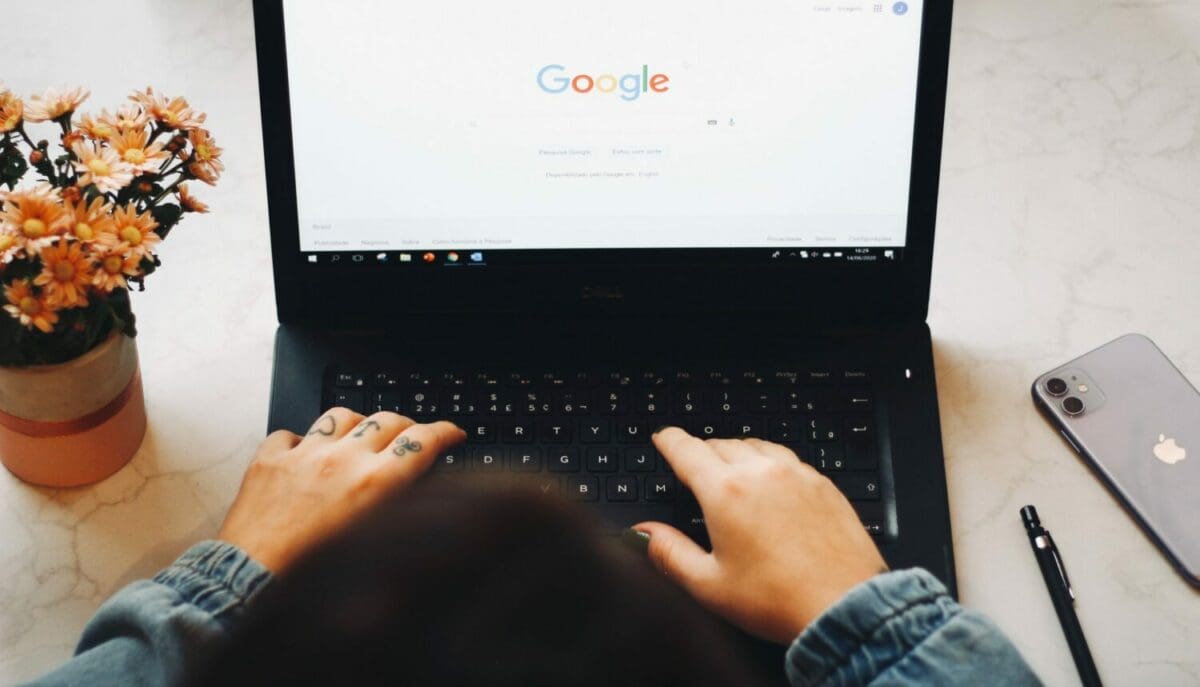
Undiagnosed and Anxious
August 4, 2021 in Educate Yourself, Social Media Guide
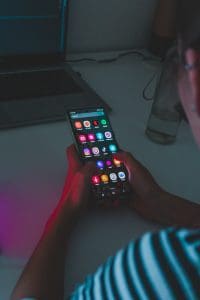 We are living in an era of instant information. Anything you want to know about is at your fingertips. Not to mention how many diverse voices are present online.
We are living in an era of instant information. Anything you want to know about is at your fingertips. Not to mention how many diverse voices are present online.
My depression and anxiety problems were cared for swiftly. When I showed the symptoms and expressed discomfort with them, I was fortunate enough to acquire a therapist. I am eternally grateful that my family supported my mental health journey. Mostly, anyways…
Even when I was at my best mentally, something felt off. I had an inherent feeling of otherness and alienation from my peers. I felt like something was missing like I was missing a crucial answer to my outcast spirit.
This is where the endless well of information online came in handy. It began with being fed ADHD and autism-related content by social media. I related to them, but I brushed it off. But as I consumed more content made by people with ADHD and/or autism (specifically assigned female at birth individuals) I got suspicious.
When I started to do my research, I started with the typical diagnoses criteria. With both ADHD and autism I experienced most of the symptoms listed. Then I searched up signs of them. This is where I encountered information that was young boy-centered.
As I went along, I learned that the symptoms present differently in people who were born female. This leads to them being undiagnosed and going through life not knowing. It made me feel sad that people went through their whole lives thinking something was wrong with them, not knowing the reason for their otherness.
I went back to the social media ADHD and autism info. I sought out AFAB (assigned female at birth) and LGBT+ people with autism and/or ADHD because their experiences would mirror mine more accurately.
This past year I took the assessment for ADHD. No surprise, I have ADHD. It felt like a relief, just knowing that there’s a neurological reason for my weaknesses.
That was one-half of the problem. The symptoms for ADHD and autism overlap, as do most of my diagnoses. I still believe I have autism, but seeking out its diagnosis isn’t my priority. I know how my brain works and how it interacts with the world. Since getting an official doctor diagnosis isn’t currently needed, I’m content with my diagnosis.
Seeing other people’s experiences with mental health and neurodiversity has truly helped me realize that there are reasons I’m the way I am. And that helps me calm down.
How have you used the Internet and social media to seek out more information about potential mental disorders? Have you ever found people online who shared your identities or looked like you talk about their mental health and mental illnesses? What experiences have they shared that differed from what you know about that mental illness?
As a reminder, it’s important not to solely rely on self-diagnoses. The Internet can provide many outlets and resources to help you understand your experiences and mental health, but if you find that what may be a mental or neurological disorder is affecting your day-to-day life, seek a mental health professional to help diagnose you if you are able, just like this Blogging Ambassador did!


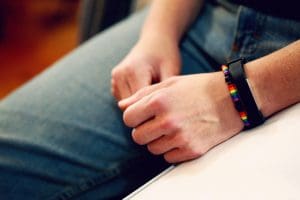
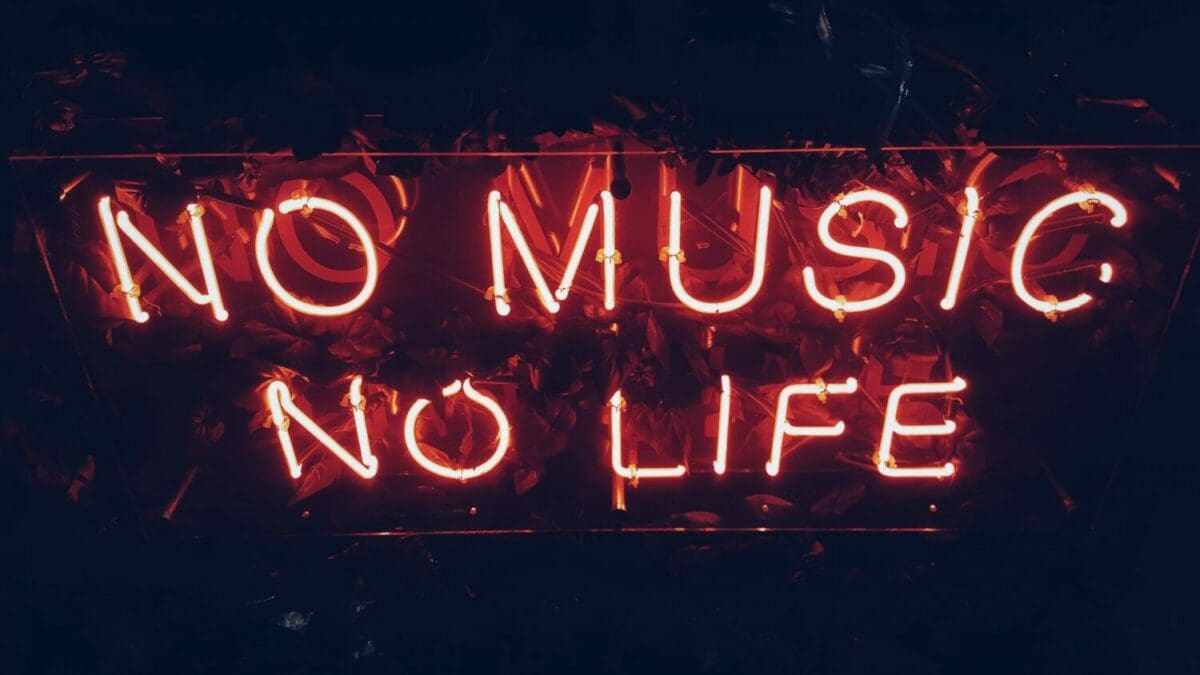

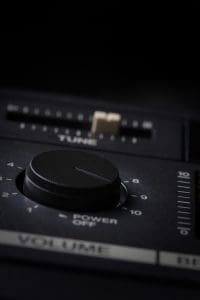
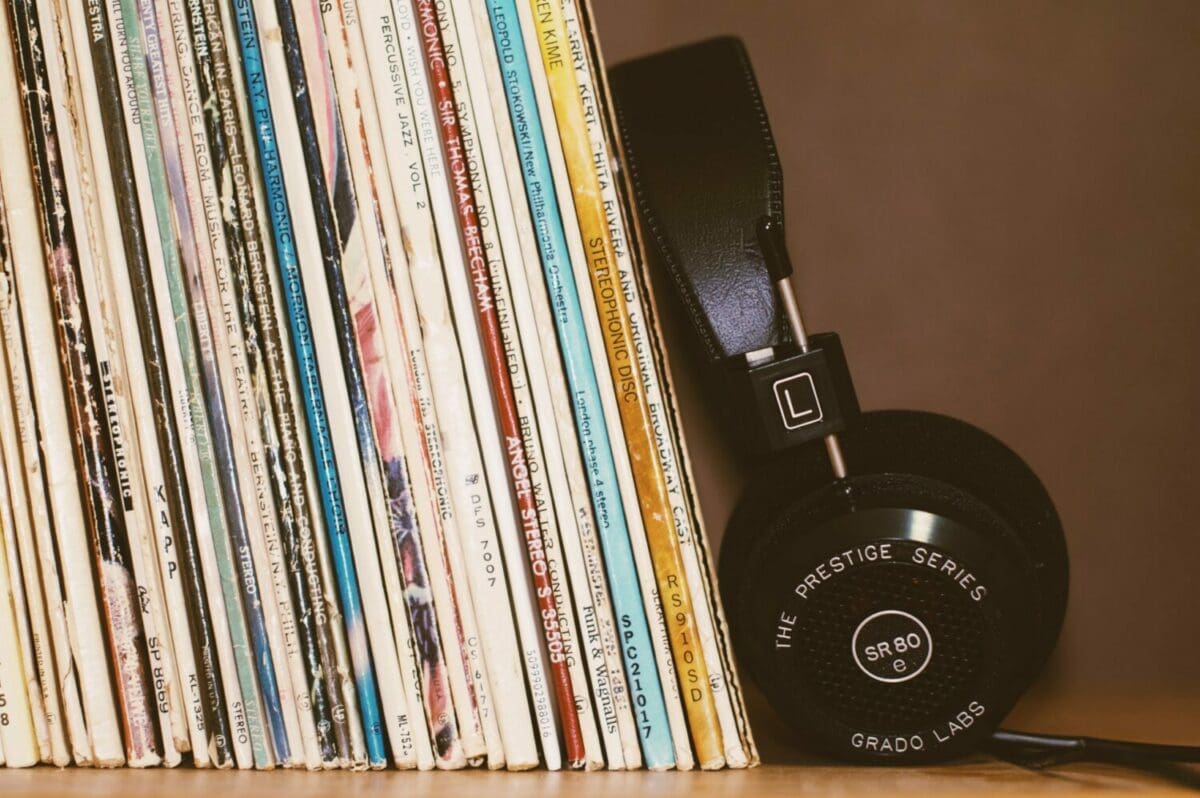

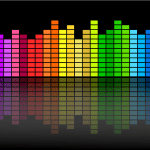
Recent Comments